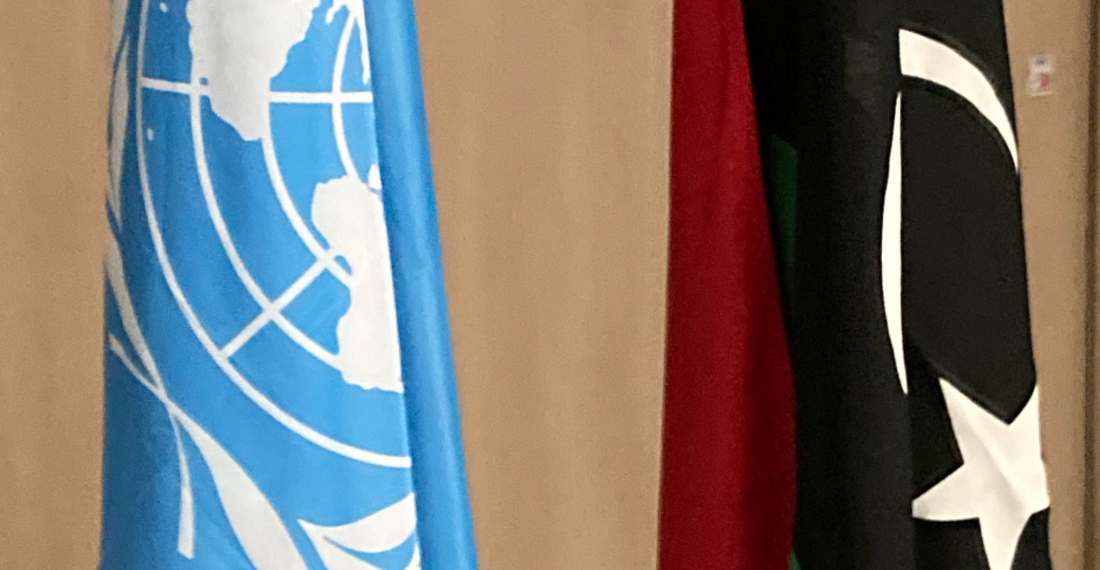Libyan delegations at UN-backed talks in Egypt agreed to hold a constitutional referendum later this year. Members of the commission drafting a future constitution met in the Egyptian Red Sea resort of Hurghada with delegations from the House of Representatives and the Tripoli-based High Council of State, which advises the GNA. The referendum will be followed by elections in December which will hopefully pave a path for peace and stability in the war-torn country.
Egypt "welcomes the agreement reached today between the Libyan parties in Hurghada in the framework of the constitutional process... and appreciates the efforts that led to the agreement to hold a referendum on the draft constitution in view of the Libyan elections scheduled for December 24, 2021," the ministry said in a statement.
The continuation of talks between Libya rivals has been possible due to a ceasefire signed in Geneva last October. This was followed by discussions on creating a roadmap last November in Tunis for conducting elections and restoring sovereignty.
Talks will now continue focusing on mapping out details for holding a referendum and elections. In Morocco, a source told the AFP news agency that further talks between members of the House of Representatives and the High Council of State would be held Friday in the coastal town of Bouznika, south of the Moroccan capital Rabat. Negotiations in Morocco will continue to discuss appointments to the country's key institutions which had already been the topic of discussion in Morocco in recent months.
In parallel talks in Geneva, Libyan envoys a greed a mechanism to choose an interim executive to govern until the December elections. UN Secretary-General Antonio Guterres commended the participants at the UN-brokered talks in Geneva for their “constructive discussions” during their four-day meeting. Read more about the here.
Guterres particularly commended the role played by women representatives and southern representations in reaching the final consensus.
Acting Special Representative for Libya, Stephanie Williams also commented the progress saying that the delegations "met their responsibility with a constructive spirit, cooperative efforts and a great deal of patriotism."
Stephanie Williams will be replaced by Jan Kubis in Febraury as the UNSC approved his nomination.






